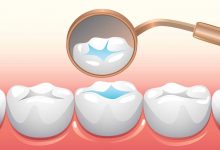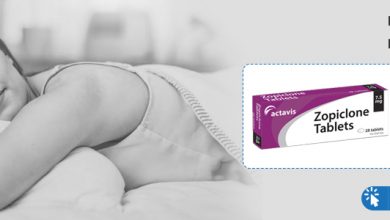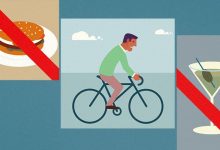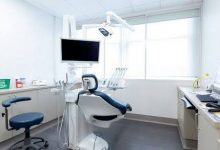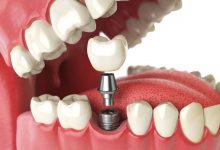ADD or ADHD: Work with Your Pediatrician After a Diagnosis
Index Of The Blog
ADD or ADHD
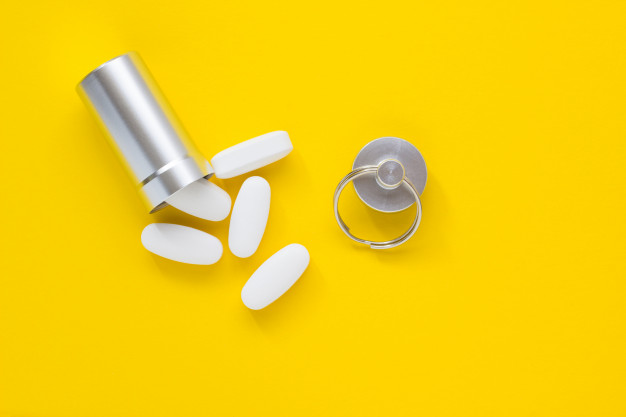
If your child was recently diagnosed with ADD or ADHD, it can be hard to know where to go from there. Between understanding medications, behavioral therapy, and household routines it can get very overwhelming for parents very fast. Luckily, if you have a good pediatrician, you have an ally and support system.
Many people think of ADD or ADHD as separate neurological disorders. However, as of recently, with the Diagnostic and Statistical Manual, Fifth Edition (DSM-5) classification system the two are both described as ADHD. ADD (attention deficit disorder) is simply considered a presentation of the same neurological disorder. Children with ADHD may present symptoms in entirely different ways. They can also present very differently across sex. Women with ADHD are chronically undiagnosed. This is because of a myriad of reasons but predominantly because further research needs to be done to help identify these symptoms in young girls.
The best pediatrician will help you and your child work through their diagnosis and chart the best course of action. If you’re not sure where to start, give your pediatrician or family’s primary care doctor a call to set up an appointment. They will be happy to help your family find the resources you need to succeed. With proper treatment, many children with ADHD are able to live full, academically and professionally successful lives.
Decide Which Behaviors are Acceptable
A child with ADHD has a lot of trouble keeping still. The worst thing you can do as a parent is scold your child for a behavior they can not control. Instead, try to be as communicative as possible with your child. Sit down with them and outline which behaviors are considered acceptable and which are not. When your child does act out of impulse, there are consequences for these behaviors. This will require a lot of patience, diligence, and empathy from the parent but it will really help your child to learn to control their impulsivity.
Create Structure
Kids fare much better when they know what to expect in their day. Find a routine that works for family and stick to it. Establish rituals around meals, homework, playtime, and bedtime. This will help your child immensely. Even something as simple as having your child lay out his or her clothes for the next day, can provide essential structure.
Encourage Exercise
All kids can benefit from exercise. Physical activity helps to burn excess energy in healthy, fun ways. If your child experiences symptoms of ADHD, they can especially benefit from regular exercise. Exercise does more than just burn energy, it also helps focus attention and may decrease impulsivity and stimulate the brain in healthy ways. Enroll your child in athletics in your community. Not only is it a great way to meet kids, make friends, and get out energy – it can be a great, constructive way for your child to focus their passion, attention, and energy.
Take Breaks when You Need
All parents get frustrated time and time again. If you’re feeling frustrated with your child, it can be extremely beneficial for you to take a second to yourself, go into the other room and collect your thoughts. Cool off time is not just for kids. Practicing this instead of escalating an already stressful situation will help you be a more loving parent and avoid raising your voice at your child.
Call someone like a South Euclid Pediatrician if you’re suspicious your child could have ADHD. There are resources available for families, they just need to reach out and take advantage of them. There is no “cure” for ADHD. Your child will experience its effects their entire lives. However, with some help, a little patience, and a lot of love – your child will have every chance to reach their full potential with or without the diagnosis. Give your pediatrician a call today to get started learning more about ADHD resources.


